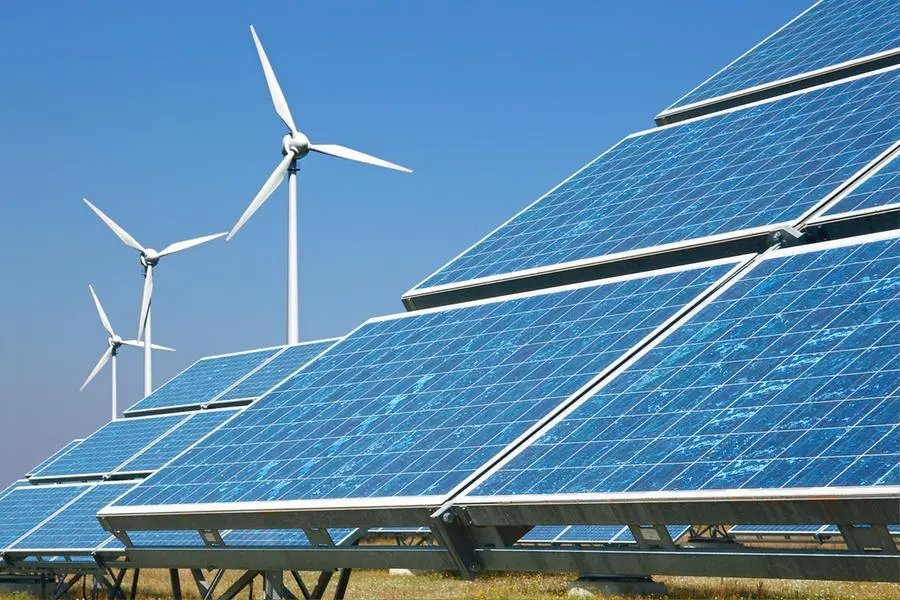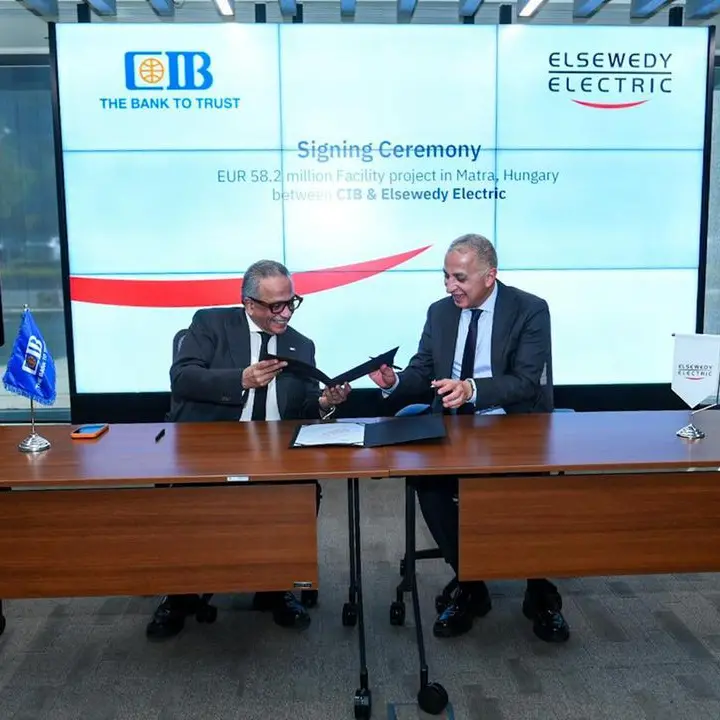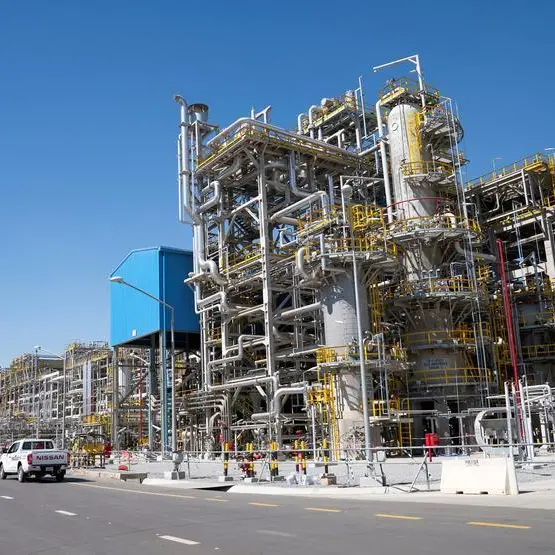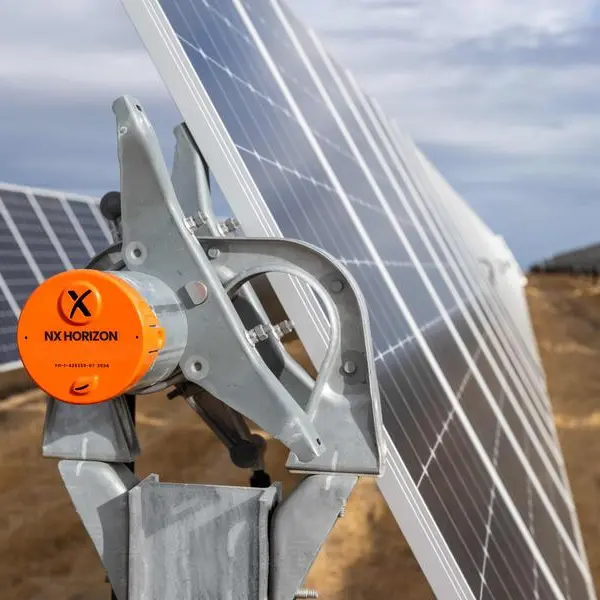PHOTO
High government fees and land prices are blocking investments in renewable energy projects in Jordan despite government steps to strengthen partnership with the private sector, according to experts.
Strong cooperation between the public and private sector more than a decade ago has resulted in a sharp rise in renewable energy investments, which boosted the sector’s share of the domestic energy mix from only 2 percent in 2008 to 28 percent in 2023, they said.
Incentives introduced by the government to investors during that period spurred capital flow into renewable energy projects of more than $4 billion, the experts said, quoted by the Jordanian Arabic language daily Alghad.
“But public private sector partnership has retreated over the past few years due to unstable government measures, especially the introduction of more fees,” it said, quoting Hanna Zaghloul, Director of Kawar Energy Company.
He said the fees include two dinars ($2.8) tax per every KWh of electricity produced, adding that government’s repeated revisions of agreements with investors aggravated the problem and created “mistrust” between the two sides.
“Another problem is that the government has been reluctant to allocate land for renewable energy projects by private investors…this has given rise to widespread land trade, which in turn caused price hikes,” he said.
The paper quoted a source in Jordan’s Energy and Mineral Resources Ministry as saying a consultancy firm has been named to conduct a study on ways to improve renewable energy investment terms and better terms to buy generated electricity.
(Writing by Nadim Kawach; Editing by Anoop Menon)
(anoop.menon@lseg.com)
Subscribe to our Projects' PULSE newsletter that brings you trustworthy news, updates and insights on project activities, developments, and partnerships across sectors in the Middle East and Africa.





















